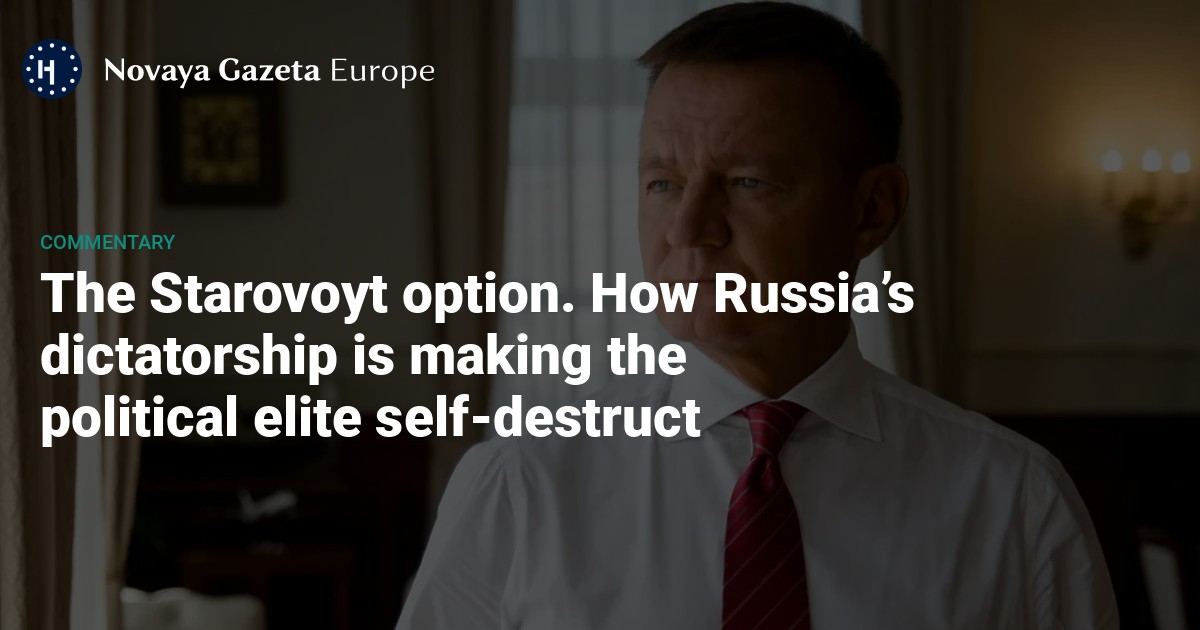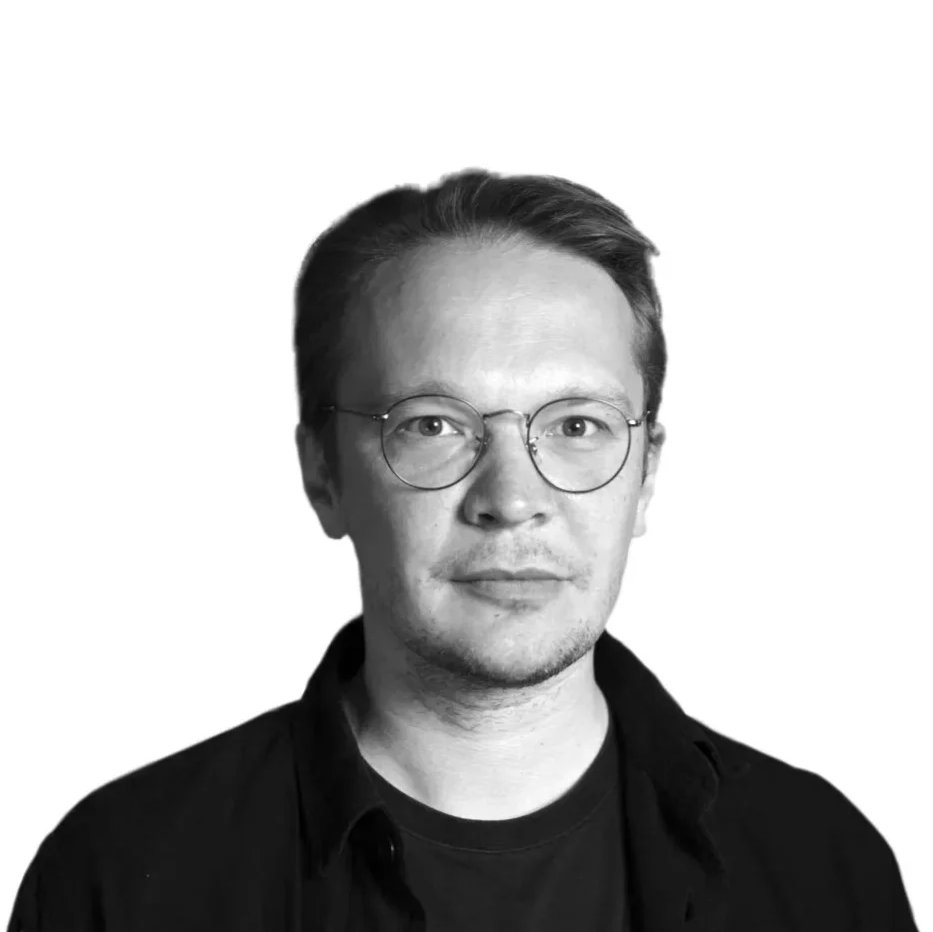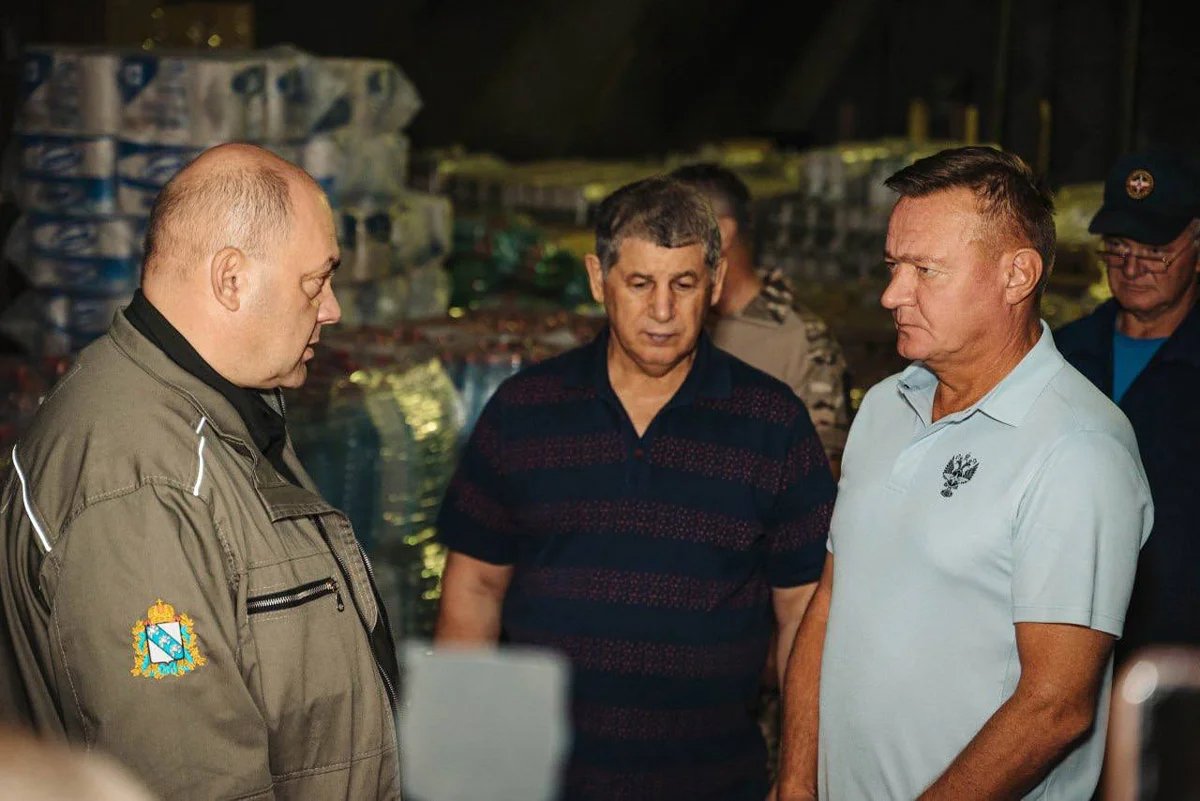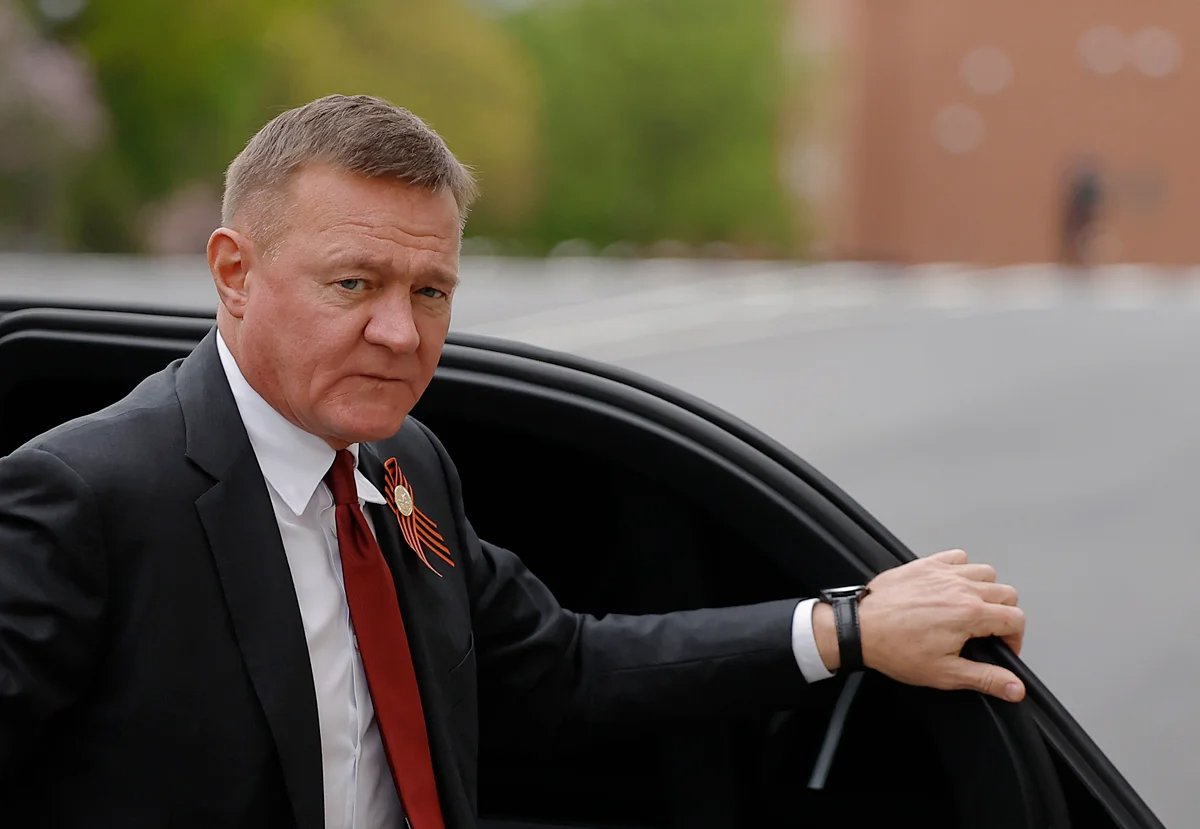



Russian Transport Minister Roman Starovoyt, who was sacked by Vladimir Putin on Monday, has taken his own life. It is the country’s most high-profile political suicide since 1991.

Kirill Martynov
Editor-in-chief of Novaya Gazeta Europe
In the quarter century of Putinism to date, ministerial officials have usually been honourably discharged and only ended up in prison in exceptional cases, as happened with Alexey Ulyukaev and Mikhail Abyzov.
Until recently, the Putin system functioned according to the “We don’t abandon our own” principle, by which he didn’t mean soldiers in the trenches in the war in Ukraine, or Russian-speakers in neighbouring countries, but rather high-ranking members of his own team. A certain level of access to the Kremlin combined with loyalty meant you were untouchable, and could protect your family and capital.
Even after 2022, when Russia invaded Ukraine, the political elite preferred active or passive submission to Putin’s radical course of action in the hope of preserving the rules of the game.
However, any public criticism or attempts to flee the country could quickly turn a member of the political elite into a traitor in the eyes of the dictator. A system of tacit agreements meant such traitors could be destroyed, as evidenced by the cases of Alexander Litvinenko and Sergey Skripal. So even after 2022, when Russia invaded Ukraine, the political elite preferred active or passive submission to Putin’s radical course of action in the hope of preserving the rules of the game.
Not a single official of Starovoyt’s stature had resigned since the outbreak of the war, partly due, no doubt, to the belief that the dictator does not persecute anyone closely bound up with his system of corrupt relationships.
There has been very little “fighting corruption” within the upper echelons as that would inevitably lead to them fighting themselves. But after the corpse of sacked Minister Starovoyt was found with a gunshot wound to the head, the rest of the players in Putin’s game will now have to rethink their personal prospects, regardless of whether Starovoyt shuffled off this mortal coil voluntarily or he was helped or encouraged on his way.

Alexey Smirnov and Roman Starovoyt. Photo: Kursk region governor press service
The ideal outcome, from a propagandist’s point of view, would be to present the case as a minister losing the plot and then to say no more about it. But in Moscow drawing rooms and Signal chat threads, they will be having very different conversations. What threat was the former minister facing exactly? Why did he decide to take his own life, or was the decision made for him, and who might be next?
The most plausible version of events so far is that Starovoyt felt unhappy thoughts after Alexey Smirnov, the man who succeeded him as Kursk region governor and who currently finds himself awaiting trial for embezzlement of budget funds due for the construction of fortifications, made statements implicating him in the same crime.
But Starovoyt’s demise casts a shadow of doubt over that security. And with that, panic will engulf the political elite.
Smirnov’s career as governor was short-lived. He took office in 2024, just months before Ukraine attacked the region, and was removed six months later, with the Ukrainian army still in control of the town of Sudzha and surrounding areas.
Starovoyt, on the other hand, had governed the Kursk region from 2018. At that time, it was a rapidly developing agricultural region with excellent corruption potential. In 2022, the region’s fate changed dramatically. Starovoyt’s career became a focus of the dictator’s attention, and he was appointed Transport Minister in 2024.
Starovoyt could have been another Abyzov, Ulyukaev or Timur Ivanov, a lower-ranking official in the former defence minister Sergey Shoigu’s circles, and been sentenced to 10 or 12 years in prison, and then, when everyone had forgotten about him, quietly been released early on parole.

Roman Starovoyt. Photo: Maxim Shemetov / EPA
However, he preferred to avoid the investigators — that is, if others didn’t take his life for him — and remain a silent witness to the construction of non-existent fortifications along the border with Ukraine. Starovoyt has thus severed the link from Smirnov to himself and those higher than him, such as the Rotenberg brothers, his old patrons, well-known experts in acquiring budget funds for building infrastructure, and close friends of Putin.
Such patrons, as well as the governors and ministers in their pockets, have always seemed completely untouchable in the Putin system. But Starovoyt’s demise casts a shadow of doubt over that security. And with that, panic will engulf the political elite. If the hydra can no longer guarantee the right to life, then what have all the sacrifices the elite have made, especially over the past three years, been for? Why give up all that capital and real estate in the West if you’re going to end up like Starovoyt anyway?
Perhaps the war the Russian political elite has worked so hard for for the last three and a half years has finally caught up with them.
The Western press, meanwhile, writes of “sudden Russian death syndrome”, in reference to dozens of high-flying managers of state-owned companies whose lives have been cut short since 2022. The latest example is the 62-year-old vice president of the world’s largest pipeline operator Transneft, Andrey Badalov, who fell from the 17th floor of his apartment building on Friday.
The last raft of political suicides in Russia occurred in August 1991, when Interior Minister Boris Pugo, Marshal Sergey Akhromeyev and several acolytes took their own lives after the failed putsch. After the death of Starovoyt was announced, a young Transport Ministry employee, Andrey Korneychuk, died at a meeting from a sudden heart attack.
Starovoyt doesn’t fit the mould of a Soviet officer dishonoured by corruption charges against him. Perhaps the war the Russian political elite has worked so hard for for the last three and a half years has finally caught up with them. In the absence of other ways out of the current geopolitical situation, Starovoyt found his own alternative.
The Russian government has banned independent media. We were forced to leave our country in order to keep doing our job, telling our readers about what is going on Russia, Ukraine and Europe.
We will continue fighting against warfare and dictatorship. We believe that freedom of speech is the most efficient antidote against tyranny. Support us financially to help us fight for peace and freedom.
By clicking the Support button, you agree to the processing of your personal data.
To cancel a regular donation, please write to [email protected]
VPNovaya
Help Russians and Belarusians Access the Truth
